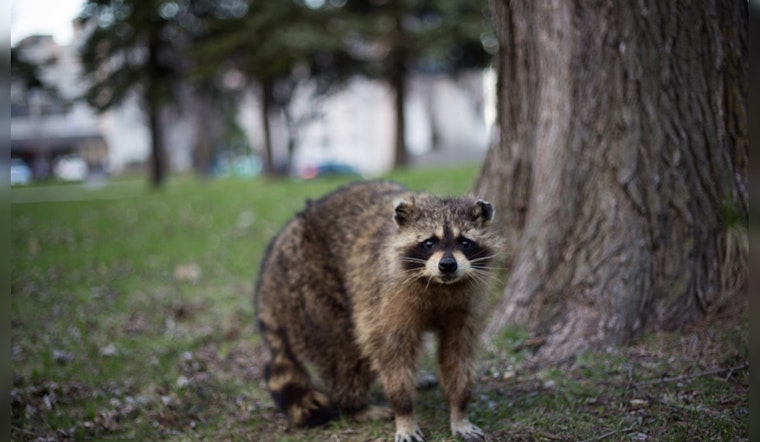
With the rising temperatures and the continuing development in San Antonio, local fauna like deer, bobcats, and raccoons are increasingly seen within city limits. According to Lynn Cuny, president of Wildlife Rescue and Rehabilitation, as reported by FOX San Antonio, these animals are often in a hectic search for water amid drought conditions. But the issue isn't just a matter of hydration; it's also about territory – or the loss of it.
In a city that's expanding aggressively, animals that used to roam freely now find themselves calling the urban landscape home, if you can even call it that. Not content with climbing temperatures, we are also forcing these creatures into uncomfortably close quarters with human residents – a move prompted by the ever-growling boundaries of San Antonio's cityscape. Growth of the human population has inflicted major habitat destruction, turning what used to be wildlife havens into concrete jungles, as Cuny explained in her interview with Express News.
The issue grabbed more attention following a Reddit post revealing a gray fox in a San Antonio driveway, stirring concern and speculation among the social platform's users. While some online commenters like Reddit user lilybeeet247 noted sightings of "a lot of jack rabbits and foxes lately" due to their thirst, others pointed to the abnormal temperatures affecting the animals' survival. Cuny, on the other hand, insists that the real demon in the room is urban encroachment, not the heat waves.
Wildlife is stuck with two choices in light of San Antonio's sprawling expansion: to adapt to an increasingly inhospitable environment or to move out, only to confront another set of human-made structures. Continuing this trend, species such as the gray fox face an uncertain future – a fact that while not endangered now, the combined forces of habitat destruction and climatic changes could spell trouble down the line. When encountering wild animals, Cuny urges the public to "always leave them alone," highlighting that these creatures, which are already under stress from habitat loss, are not looking for human interactions.









